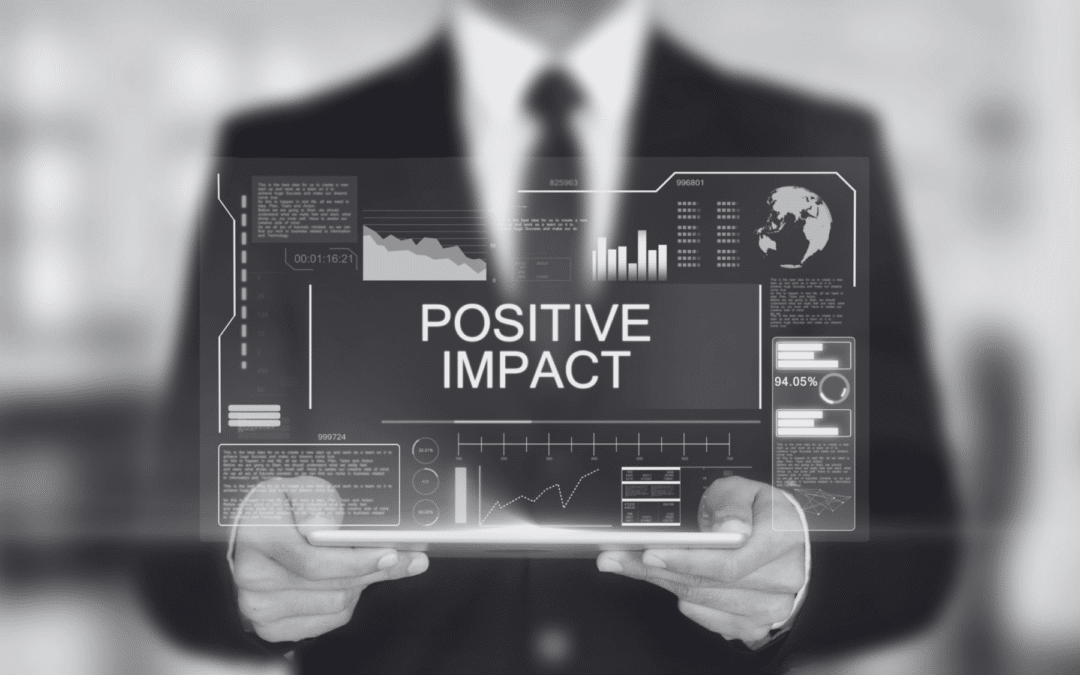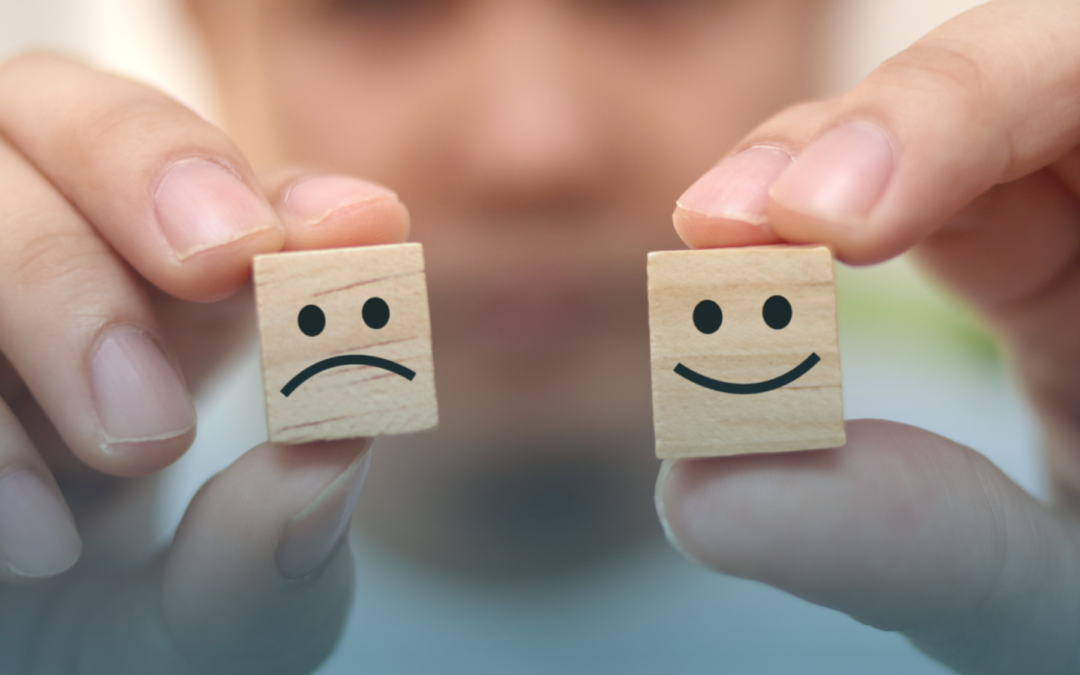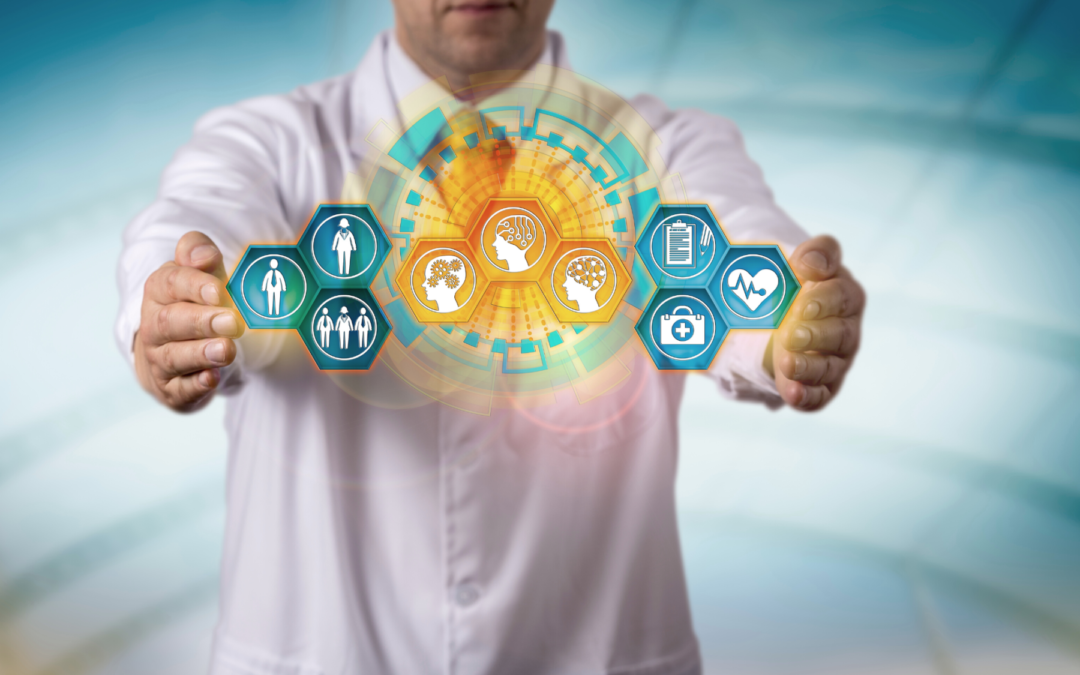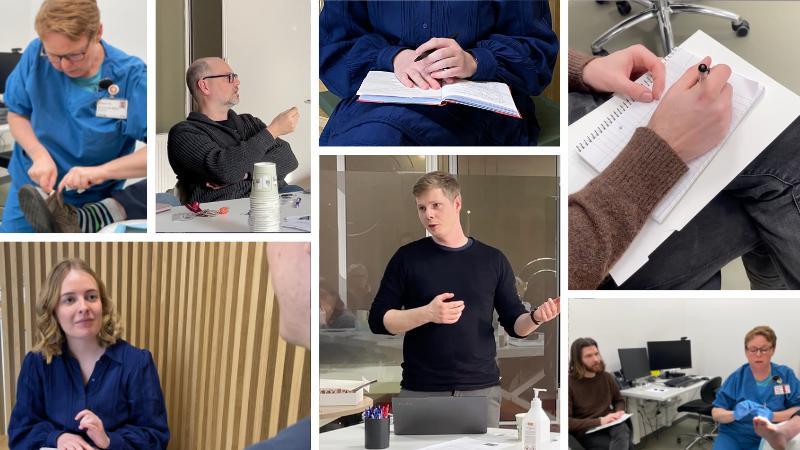
Healthcare as a business case: Which importance is placed on societal impact vs economic impact?
Over the past decade, public spending on health in Denmark has been above the EU average. Due to the COVID-19 pandemic, government spending on healthcare has grown by more than 5% in 2020 alone [1], reaching total healthcare expenditures of DKK 270.794m in 2021 [2]. But how does Denmark decide which new treatment approaches to spend money on, and does the societal impact of healthcare measures play an equally important role as their economic impact?
Though member states of the European Union are not precluded from “releasing marketing authorisations valid at national level” for new medicines/treatments, EU-wide marketing authorisations require new treatments to go through a centralised authorisation procedure managed by the European Medicines Agency (EMA), which evaluates the pharmaceutical quality, safety, and efficacy of new treatments [3]. However, whereas obtaining marketing authorisation on an EU level allows providers to offer their new medicines/treatments, it is mainly the national health authorities’ decisions on reimbursement and pricing measures that affect if patients will have access to them [3].
In Denmark, the Danish Medicines Council (Medicinrådet) is an important body that assesses new treatment approaches and makes recommendations related to which medicines/treatments should be used in the Danish healthcare system [4]. Typically, cost-effectiveness and the impact on the healthcare budget are two important economic factors that national health authorities consider during such evaluations [3]. But what about the societal impact of new treatments? Does it receive sufficient consideration during the assessment procedures?
Let’s take innovative digital health solutions as an example. If we purely consider the direct economic costs digital health solutions for mental health can help to reduce, such as the costs for (re)hospitalisation (e.g., DKK 6.000 per day), do we really get a full picture of the value of these innovations in healthcare? Potentially not, as the societal impact would not have been considered.
For instance, we would have not taken into account that digital health solutions for mental health can significantly improve the quality of life of individuals suffering from mental disorders [5], or that these innovations can enable mentally ill individuals to better recover and return to work faster. Neither would we have considered that digital solutions can facilitate making better use of resources available in the future, for instance by helping clinicians to handle growing patient data volumes they often feel overwhelmed with [6].
The societal impact of new treatments may be more difficult to quantify than the pure health economic impact, but we believe it is an important factor to consider when evaluating innovative approaches. At Monsenso, we have made it our mission to enable better mental health for more people at lower costs, and the positive societal impacts and increased quality of life that we help generate are as important to us as the pure health economic impact.
——————————————————————————————————————————-
About Monsenso
Monsenso is an innovative technology company offering a digital health solution used for decentralised trials, remote patient monitoring and treatment support. Our mission is to contribute to improved health for more people at lower costs by supporting treatment digitally and leveraging patient-reported outcomes data. Our solution helps optimise the treatment and gives a detailed overview of an individual’s health through the collection of outcome, adherence, and behavioural data. It connects individuals, carers, and healthcare providers to enable personalised treatment, remote care, and early intervention. We collaborate with health and social care, pharmaceuticals, and leading researcher worldwide in our endeavors to deliver solutions that fit into the life of patients and healthcare professionals. To learn more visit www.monsenso.com
References:
[1] European Commission (2021). State of Health in the EU · Denmark · Country Health Profile 2021.
https://eurohealthobservatory.who.int/docs/librariesprovider3/country-health-profiles/chp2021pdf/denmark-countryhealthprofile2021.pdf?sfvrsn=e79f1c55_7&download=true
[2] Statistics Denmark (n.d.). Health care expenditure.
https://www.dst.dk/en/Statistik/emner/oekonomi/offentlig-oekonomi/udgifter-til-sundhed
[3] European Parliament (2015). Towards a Harmonised EU Assessment of the Added Therapeutic Value of Medicines.
https://www.europarl.europa.eu/RegData/etudes/STUD/2015/542219/IPOL_STU(2015)542219_EN.pdf
[4] Medicinrådet (n.d.). Danish Medicines Council.
https://medicinraadet.dk/om-os/in-english
[5] Monsenso (2022). Key research findings.
https://www.monsenso.com/wp-content/uploads/2022/06/Monsenso-Key-Research-Findings.pdf
[6] Elsevier Health (2022). Clinician of the Future Report 2022.
https://www.elsevier.com/connect/clinician-of-the-future




